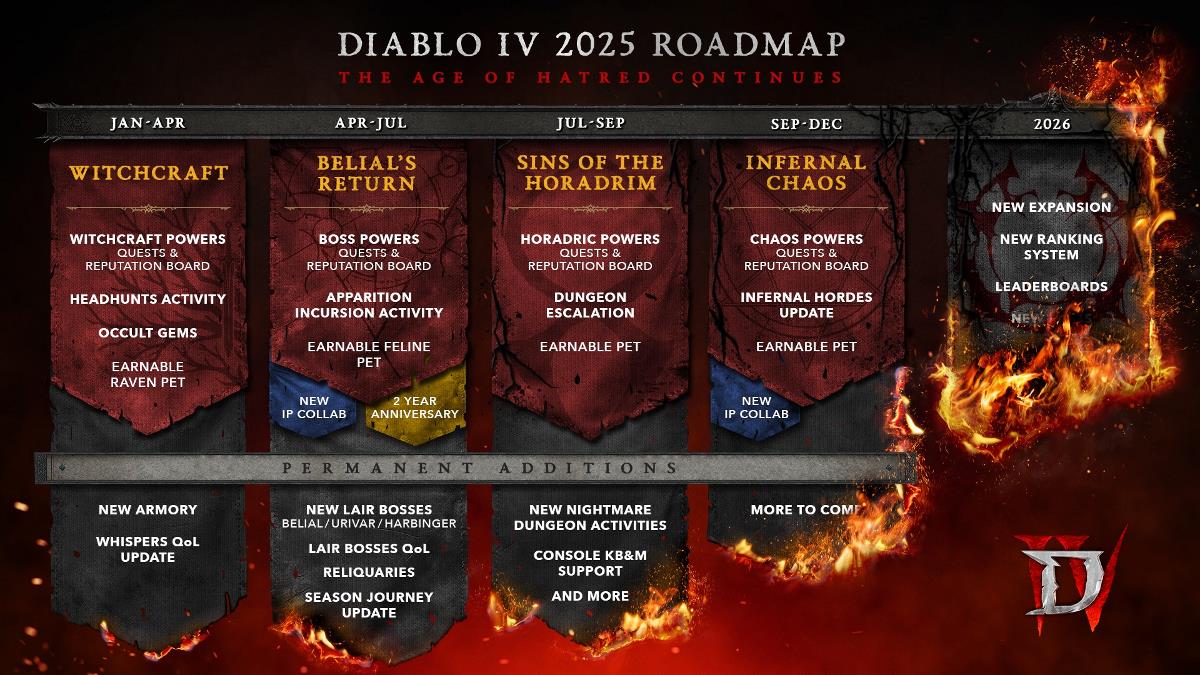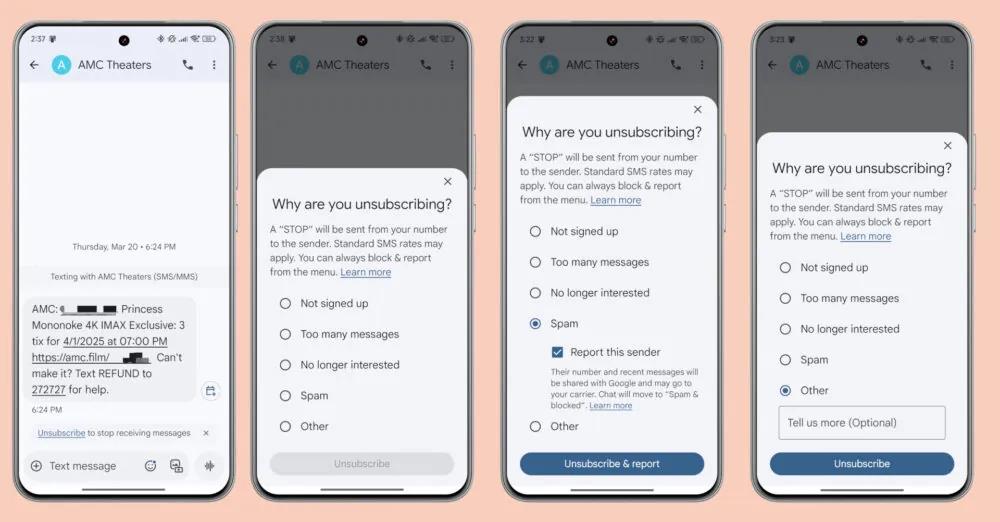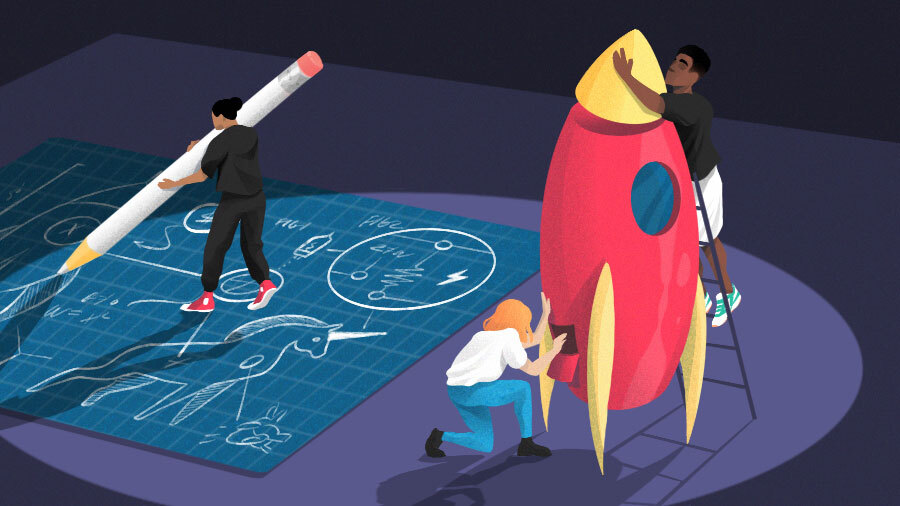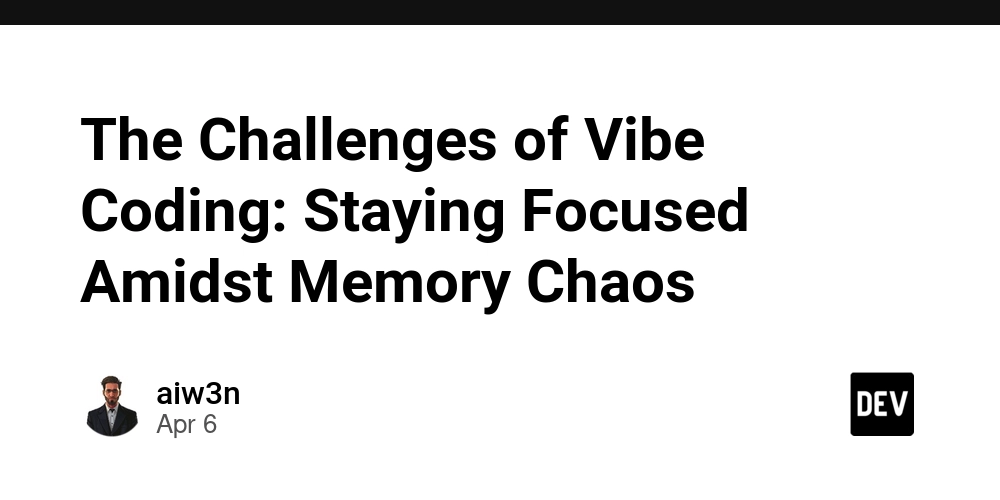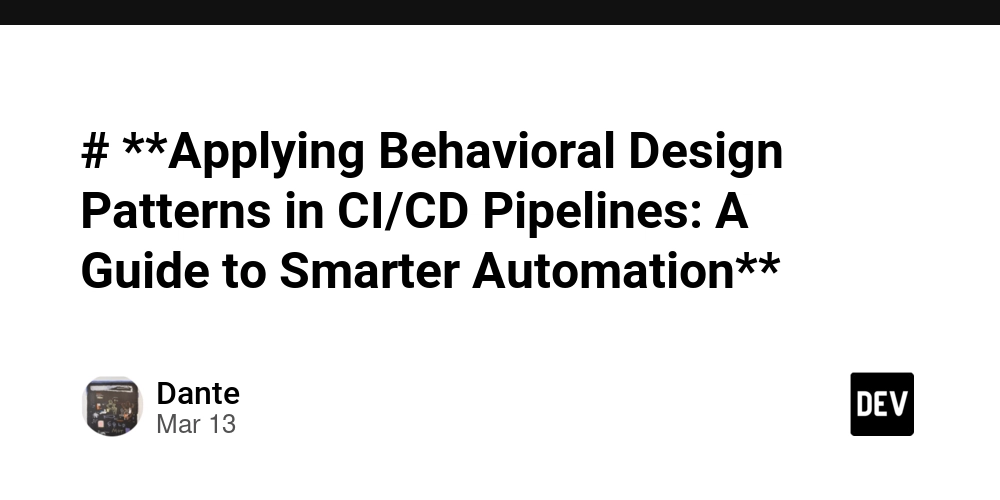How Can AI Agent Setup for Tendering Business Revolutionize Your Bidding Process?
In the competitive world of tendering, businesses must adopt innovative solutions to streamline operations and enhance decision-making. Implementing an AI agent setup in the tendering process can significantly improve efficiency, accuracy, and response times. By leveraging AI technology such as machine learning, natural language processing, and automation, organizations can quickly evaluate tender documents, analyze bids, and manage client relationships more effectively. With AI-powered agents handling repetitive tasks, businesses can focus on strategic aspects, ultimately boosting profitability and ensuring a seamless tendering experience. Understanding AI Agents in the Tendering Business AI agents are increasingly being used in the tendering business to improve efficiency, accuracy, and decision-making in the procurement process. These agents are typically powered by advanced AI technologies like machine learning, natural language processing (NLP), and data analytics to assist with tasks such as document review, bid evaluation, and contract management. Automating Document Analysis: AI agents can quickly review and analyze tender documents to extract key details, such as requirements, deadlines, and evaluation criteria. This helps streamline the review process, reducing the time and effort required to assess bids. Bid Evaluation: AI agents can assess incoming bids by comparing them against predefined criteria, such as pricing, compliance with specifications, and past performance. They can rank bids and identify the most suitable ones based on objective factors, reducing the potential for human bias in decision-making. Predictive Analytics: AI can analyze past data to predict the likelihood of winning a tender based on various factors, such as bid history, market trends, and competitor activity. This can help businesses prioritize tenders that are most likely to lead to success. Contract Management: After a bid is awarded, AI agents can assist with contract management by monitoring contract milestones, deadlines, and compliance. They can also flag potential risks, such as delays or breaches, and ensure the terms of the contract are being met. Enhanced Collaboration: AI agents can facilitate better communication and collaboration between the various stakeholders involved in the tendering process. For example, they can help project teams stay updated on tender progress and ensure that everyone is working from the same set of accurate, up-to-date information. Cost and Time Efficiency: By automating repetitive tasks and reducing manual errors, AI agents can significantly cut down the time and cost involved in the tendering process. This leads to more streamlined operations and faster decision-making. Setting Up Your AI Agent for Tendering Setting up an AI agent for the tendering process involves several key steps to ensure it effectively assists in automating and optimizing tasks like document analysis, bid evaluation, and contract management. Define Your Objectives Automating document review and extraction of key information Evaluating and ranking bids Monitoring contract compliance and milestones Choose the Right AI Tools Natural Language Processing (NLP): For understanding and extracting relevant information from tender documents (e.g., requirements, deadlines, pricing). Machine Learning (ML): To help evaluate bids, predict tender success, and improve decision-making by learning from historical data. Prepare Your Data Tender documents (previous tenders, proposal forms, etc.) Bid evaluation criteria (pricing, quality, compliance) Train the AI Model For document analysis, you’ll need to train the AI agent on extracting information from tender documents, such as identifying key dates, clauses, and compliance requirements. This is typically done using machine learning algorithms and NLP. For bid evaluation, you’ll need to feed the AI agent with past bid data and evaluation criteria so it can learn how to rank bids effectively. Over time, the agent will improve its ability to identify the most competitive bids. Integrate with Existing Systems Tender management software: Ensure the AI agent can access and process tender documents and bid submissions from this platform. Project management systems: To track contract milestones, timelines, and deliverables. Customize Decision-Making Logic Set up evaluation parameters to weigh bids based on pricing, compliance, and delivery timelines. Customize risk assessment criteria to highlight bids with potential risks (e.g., high-cost or low-quality ratings). Monitor and Fine-Tune the AI Agent Accuracy of document analysis (correct extraction of key data) Effectiveness of bid evaluations (how well the agent ranks bids in line with your strategy) Steps to Set Up an AI Agent for Your Tendering Business Setting up an AI agent for your tendering business involves a structured approach to ensure that it enhances your tendering proces

In the competitive world of tendering, businesses must adopt innovative solutions to streamline operations and enhance decision-making. Implementing an AI agent setup in the tendering process can significantly improve efficiency, accuracy, and response times. By leveraging AI technology such as machine learning, natural language processing, and automation, organizations can quickly evaluate tender documents, analyze bids, and manage client relationships more effectively. With AI-powered agents handling repetitive tasks, businesses can focus on strategic aspects, ultimately boosting profitability and ensuring a seamless tendering experience.
Understanding AI Agents in the Tendering Business
AI agents are increasingly being used in the tendering business to improve efficiency, accuracy, and decision-making in the procurement process. These agents are typically powered by advanced AI technologies like machine learning, natural language processing (NLP), and data analytics to assist with tasks such as document review, bid evaluation, and contract management.
Automating Document Analysis: AI agents can quickly review and analyze tender documents to extract key details, such as requirements, deadlines, and evaluation criteria. This helps streamline the review process, reducing the time and effort required to assess bids.
Bid Evaluation: AI agents can assess incoming bids by comparing them against predefined criteria, such as pricing, compliance with specifications, and past performance. They can rank bids and identify the most suitable ones based on objective factors, reducing the potential for human bias in decision-making.
Predictive Analytics: AI can analyze past data to predict the likelihood of winning a tender based on various factors, such as bid history, market trends, and competitor activity. This can help businesses prioritize tenders that are most likely to lead to success.
Contract Management: After a bid is awarded, AI agents can assist with contract management by monitoring contract milestones, deadlines, and compliance. They can also flag potential risks, such as delays or breaches, and ensure the terms of the contract are being met.
Enhanced Collaboration: AI agents can facilitate better communication and collaboration between the various stakeholders involved in the tendering process. For example, they can help project teams stay updated on tender progress and ensure that everyone is working from the same set of accurate, up-to-date information.
Cost and Time Efficiency: By automating repetitive tasks and reducing manual errors, AI agents can significantly cut down the time and cost involved in the tendering process. This leads to more streamlined operations and faster decision-making.
Setting Up Your AI Agent for Tendering
Setting up an AI agent for the tendering process involves several key steps to ensure it effectively assists in automating and optimizing tasks like document analysis, bid evaluation, and contract management.
Define Your Objectives
Automating document review and extraction of key information
Evaluating and ranking bids
Monitoring contract compliance and milestones
Choose the Right AI Tools
Natural Language Processing (NLP): For understanding and extracting relevant information from tender documents (e.g., requirements, deadlines, pricing).
Machine Learning (ML): To help evaluate bids, predict tender success, and improve decision-making by learning from historical data.
Prepare Your Data
Tender documents (previous tenders, proposal forms, etc.)
Bid evaluation criteria (pricing, quality, compliance)
Train the AI Model
For document analysis, you’ll need to train the AI agent on extracting information from tender documents, such as identifying key dates, clauses, and compliance requirements. This is typically done using machine learning algorithms and NLP.
For bid evaluation, you’ll need to feed the AI agent with past bid data and evaluation criteria so it can learn how to rank bids effectively. Over time, the agent will improve its ability to identify the most competitive bids.
Integrate with Existing Systems
Tender management software: Ensure the AI agent can access and process tender documents and bid submissions from this platform.
Project management systems: To track contract milestones, timelines, and deliverables.
Customize Decision-Making Logic
Set up evaluation parameters to weigh bids based on pricing, compliance, and delivery timelines.
Customize risk assessment criteria to highlight bids with potential risks (e.g., high-cost or low-quality ratings).
Monitor and Fine-Tune the AI Agent
Accuracy of document analysis (correct extraction of key data)
Effectiveness of bid evaluations (how well the agent ranks bids in line with your strategy)
Steps to Set Up an AI Agent for Your Tendering Business
Setting up an AI agent for your tendering business involves a structured approach to ensure that it enhances your tendering process efficiently.
Define Your Requirements and Objectives
Identify Key Areas to Automate: Determine which parts of the tendering process you want to automate. Common areas include document review, bid evaluation, contract management, and predictive analytics.
Set Clear Goals: Decide on specific goals such as reducing bid review time, increasing accuracy in bid evaluations, improving contract compliance, or providing insights to improve the success rate of tenders.
Choose the Right AI Technology
Natural Language Processing (NLP): For reading and extracting relevant data from tender documents.
Machine Learning (ML): To evaluate bids, predict success, and make data-driven recommendations.
Collect and Organize Data
Tender documents: Historical data including bid forms, tender responses, and contract documents.
Bid evaluations: Past tender evaluation reports to train the AI on how to assess bids.
Prepare the Data for Training
Data Preprocessing: Clean and structure the data so that it’s in a format that the AI agent can use. This may involve converting documents into machine-readable formats and labeling key data points (e.g., pricing, compliance).
Data Augmentation: If your dataset is limited, you may need to expand it by adding synthetic data or using existing public datasets that align with your industry.
Select or Develop the AI Agent
Commercial AI Solutions: Consider using off-the-shelf AI tools or platforms designed for procurement and tender management (e.g., IBM Watson, Kira Systems). These platforms may already have pre-built models for document review and bid evaluation.
Custom AI Agent Development: If you need a highly tailored solution, you can develop a custom AI agent using tools like TensorFlow, OpenAI, or Microsoft Azure AI. This will require data scientists or AI developers to build the models from scratch.
Train the AI Model
Supervised Learning: If you have labeled data (e.g., past tender evaluations), use supervised learning to train the model to recognize patterns in bid submissions and contract performance.
Unsupervised Learning: If you have less structured data, unsupervised learning can help the AI agent find patterns in the data and identify trends in tender outcomes.
Integrate the AI Agent with Existing Systems
Tender Management System (TMS): The AI should be able to interact with your existing TMS for accessing and managing tender documents and bids.
Project Management Tools: Integration with tools like Microsoft Project, Trello, or Asana can help the AI monitor contract milestones and project timelines.
Customize the AI Agent’s Workflow
Automate Key Tasks: Set up the AI agent to automate specific tasks, such as extracting key data from tender documents, scoring bids, and identifying compliance issues.
Decision-Making Logic: Tailor the AI’s decision-making algorithms to align with your organization’s evaluation criteria, such as weighting pricing, compliance, or previous performance.
Benefits of Using AI in Tendering
Using AI in the tendering process can offer significant benefits to businesses by enhancing efficiency, accuracy, and decision-making.
Increased Efficiency
Automation of Repetitive Tasks: AI can handle time-consuming tasks like document parsing, bid submission tracking, and compliance checks. This allows your team to focus on higher-value activities, such as strategic decision-making.
Faster Document Processing: AI-powered systems can quickly process and analyze large volumes of tender documents, extracting relevant information in seconds, which would take human reviewers much longer.
Improved Accuracy
Reduced Human Error: AI systems are less prone to errors than manual processes. For example, AI agents can accurately extract key details from tender documents, ensuring that important data is not missed or misinterpreted.
Consistent Evaluation: AI evaluates bids according to predefined, objective criteria, minimizing biases that may arise from human evaluators. This ensures that all bids are assessed fairly and consistently.
Better Decision-Making
Data-Driven Insights: AI can analyze historical data and trends to provide insights on which tenders are most likely to succeed. It can help identify patterns that may not be immediately obvious to human reviewers.
Predictive Analytics: AI can predict the likelihood of winning a tender based on factors like pricing, previous performance, and market conditions, helping businesses prioritize the most promising opportunities.
Cost Savings
Reduced Operational Costs: By automating tasks, AI can reduce the need for manual labor, lowering the overall costs associated with tender preparation and review.
Improved Resource Allocation: AI enables businesses to allocate resources more effectively by identifying high-value tenders that are most likely to result in a successful bid.
Enhanced Collaboration
Streamlined Communication: AI agents can facilitate communication between team members by ensuring that all stakeholders have access to the same up-to-date information. This leads to more effective collaboration and fewer misunderstandings.
Centralized Data: AI systems can centralize tender data, ensuring that all relevant documents, notes, and updates are stored in one place and easily accessible to the team.
Better Compliance and Risk Management
Automated Compliance Checks: AI can automatically verify whether tenders meet regulatory requirements, legal standards, and contractual obligations, reducing the risk of compliance errors.
Monitoring Contract Terms: AI can track contract milestones, deadlines, and obligations, alerting teams to potential risks such as missed deadlines or non-compliance with terms.
Scalability
Handling Large Volumes of Tenders: AI can efficiently handle a large number of tenders simultaneously, allowing businesses to scale their operations without being overwhelmed by the volume of work.
Adapting to Changing Needs: As your business grows or the tendering process evolves, AI systems can be updated and scaled to meet new requirements, ensuring that the system remains effective.
Improved Competitiveness
Faster Response Time: AI enables faster response times to tender opportunities, as it can quickly analyze and generate bid responses based on historical data and past submissions.
Better Bid Quality: With AI’s ability to evaluate bid documents and suggest improvements, businesses can enhance the quality of their submissions, increasing their chances of winning tenders.
The Future of AI in Tendering
The future of AI in tendering holds exciting possibilities as technology continues to evolve and reshape the way businesses approach procurement, bidding, and contract management.
Fully Automated Tendering: AI will automate nearly all aspects of the tendering process, from document preparation and submission to bid evaluation and contract management. End-to-end workflows will be seamless, reducing the need for manual intervention and speeding up the entire process.
Integration with ERP and Procurement Systems: AI will integrate more closely with Enterprise Resource Planning (ERP) and procurement systems, allowing for seamless data transfer and real-time updates across the entire organization. This will create a more unified system for managing tenders, reducing inefficiencies and data silos.
Smarter Bid Predictions: AI’s predictive capabilities will evolve to offer even more accurate forecasts on the likelihood of winning a tender. It will factor in a broader range of variables, such as competitor behavior, market shifts, and economic trends, to give businesses a better understanding of which tenders to prioritize.
Data-Driven Decision Support: AI will not just provide recommendations but also assist in strategic decision-making. It will analyze a company’s historical success rate, competitor bids, market conditions, and internal resources to offer comprehensive insights and strategies for bid submissions.
Deep Document Understanding: NLP will continue to improve, enabling AI to understand and analyze even more complex tender documents. It will not only extract basic information but also interpret context, identify hidden risks, and suggest improvements for bid submissions.
Real-Time Document Translation: AI will automatically translate tender documents across different languages, making it easier for businesses to participate in international tenders without worrying about language barriers. This will expand the reach of companies to global markets.
Dynamic Bid Creation: AI will assist in automatically generating customized bids based on specific tender requirements and previous successful submissions. It will tailor each bid to meet the unique needs of the tendering organization while ensuring compliance with all regulations and standards.
Personalized Proposal Writing: AI will be able to generate persuasive, high-quality proposals based on the client's goals and requirements. It will learn the preferences of each organization, crafting bids that are more likely to resonate with evaluators.
Conclusion:
In conclusion, implementing an AI agent setup for the tendering business can significantly streamline processes, enhance decision-making, and improve overall efficiency. By leveraging AI technologies, businesses can automate repetitive tasks such as bid preparation, document analysis, and supplier management, allowing teams to focus on more strategic objectives. The use of AI agents also enables accurate data processing and predictive analytics, helping companies make more informed decisions in competitive bidding scenarios. As the tendering process becomes increasingly complex, AI-driven solutions are essential for staying ahead in the market, ensuring timely responses, and ultimately securing more profitable contracts. Adopting AI in tendering is a key step toward future-proofing operations and fostering business growth in an increasingly digital and competitive landscape.
AI agent development represents a transformative opportunity for businesses to enhance automation, decision-making, and user interactions across various industries. By building intelligent software agents capable of autonomously performing tasks and processing data, companies can achieve greater operational efficiency, reduce costs, and improve customer experiences. With advancements in machine learning, natural language processing, and other AI technologies, AI agents are becoming increasingly sophisticated, offering solutions that were once thought impossible. As the demand for smarter, more capable AI solutions grows, investing in AI agent development will be crucial for staying competitive and driving innovation in the future.








































































































































































![[The AI Show Episode 143]: ChatGPT Revenue Surge, New AGI Timelines, Amazon’s AI Agent, Claude for Education, Model Context Protocol & LLMs Pass the Turing Test](https://www.marketingaiinstitute.com/hubfs/ep%20143%20cover.png)







































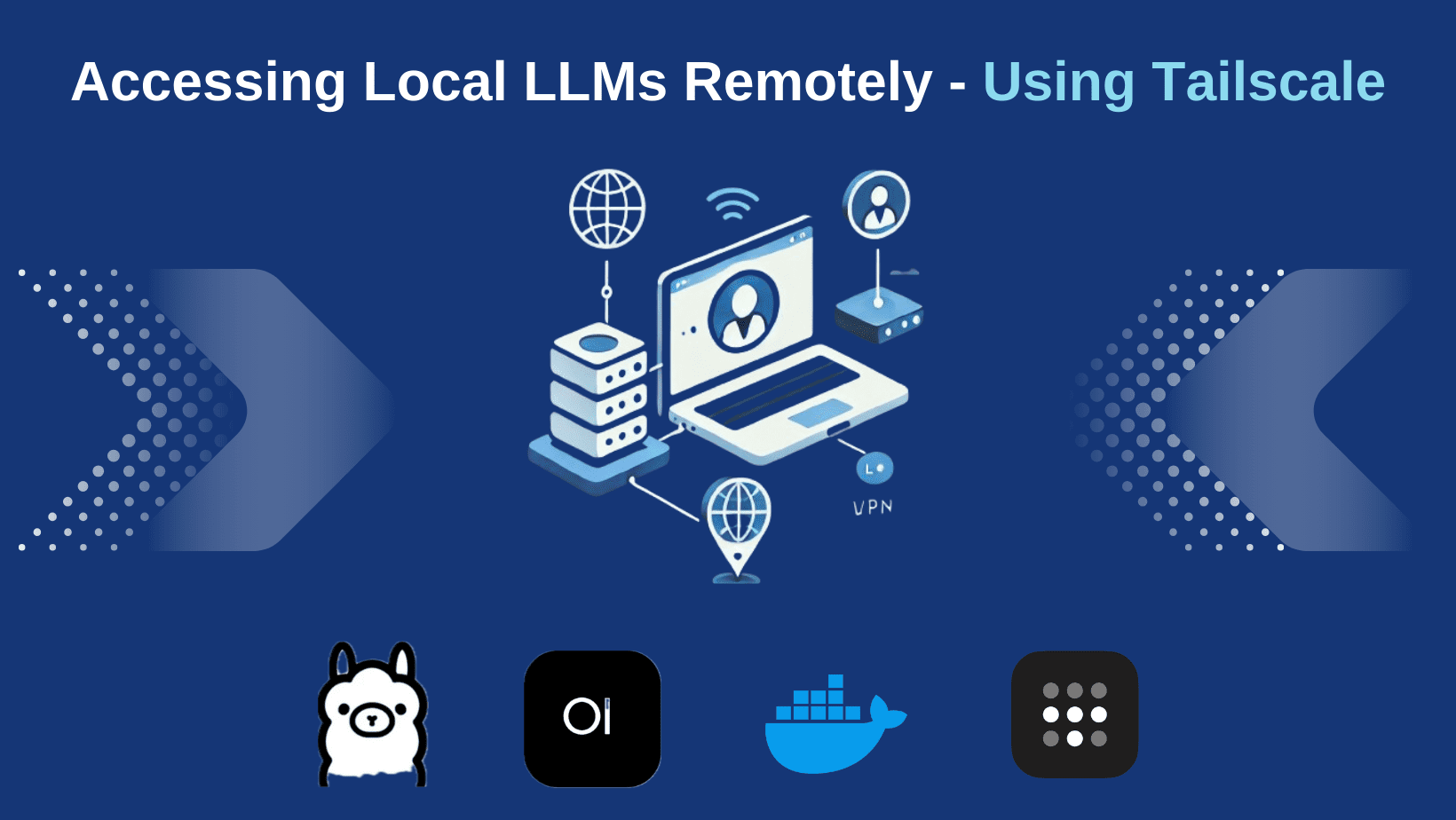













































































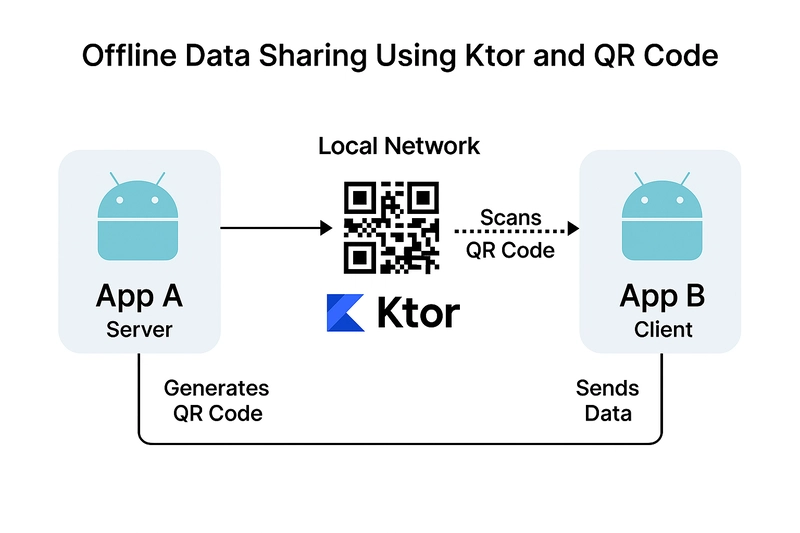











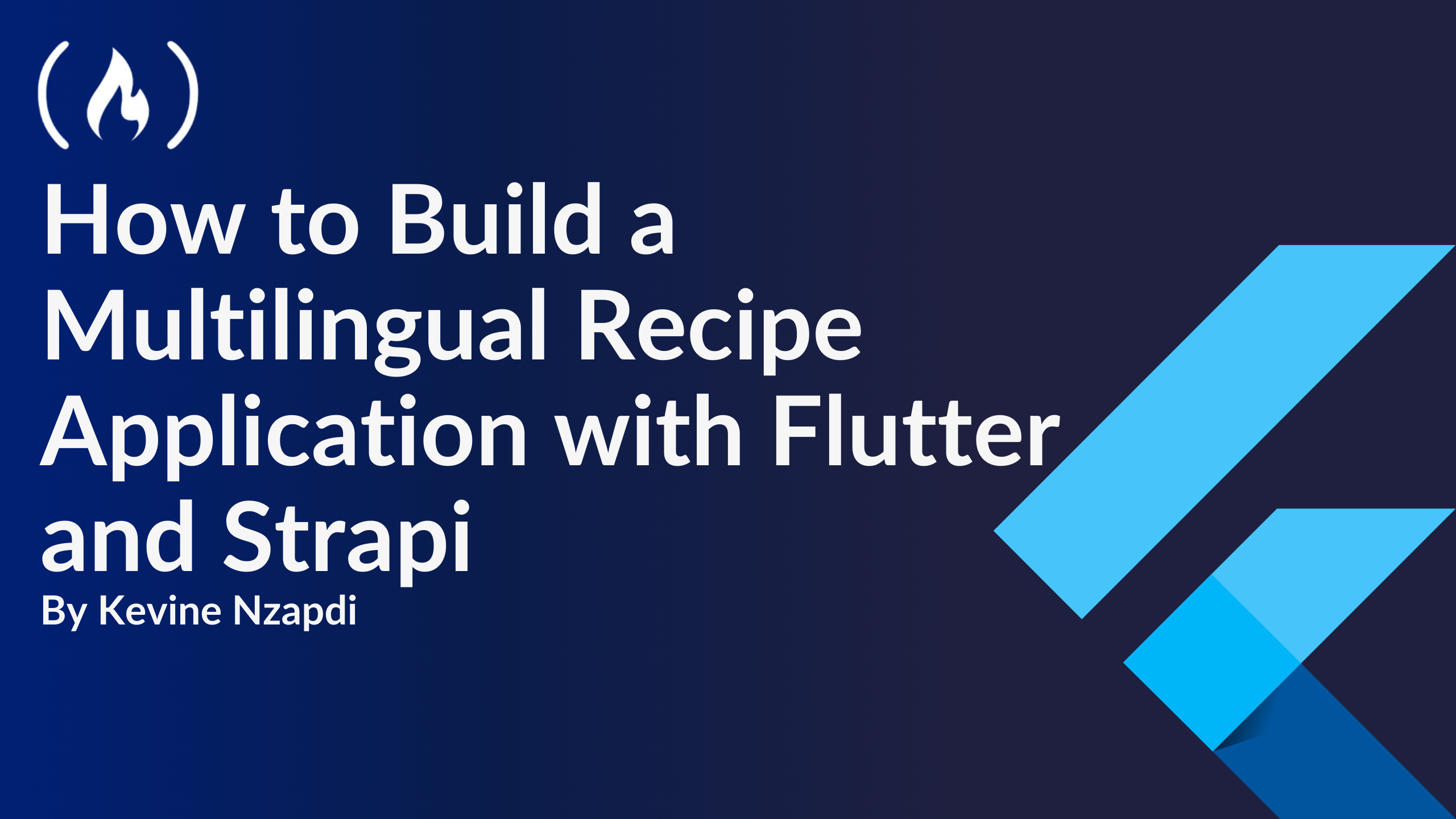


![From drop-out to software architect with Jason Lengstorf [Podcast #167]](https://cdn.hashnode.com/res/hashnode/image/upload/v1743796461357/f3d19cd7-e6f5-4d7c-8bfc-eb974bc8da68.png?#)











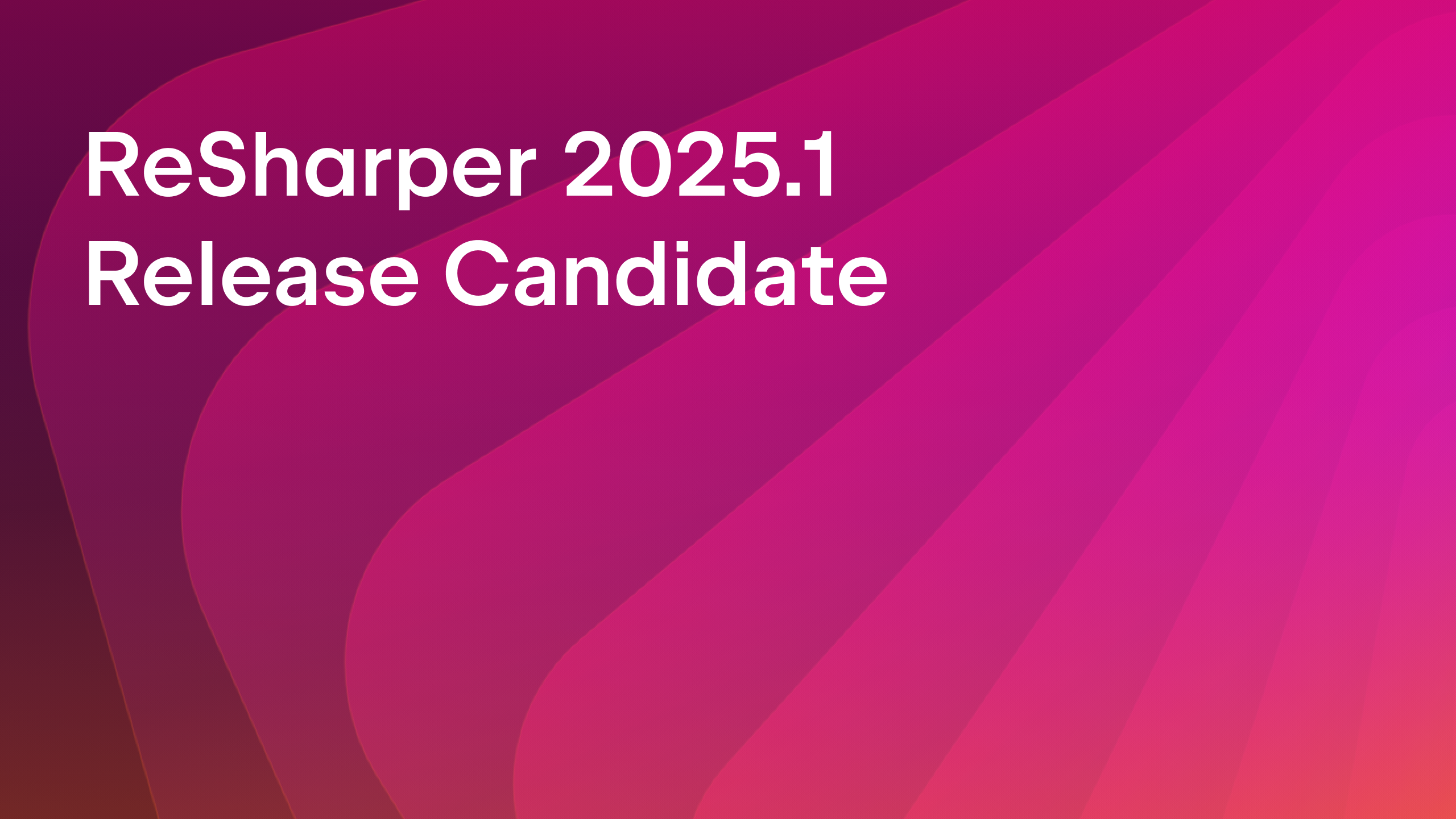
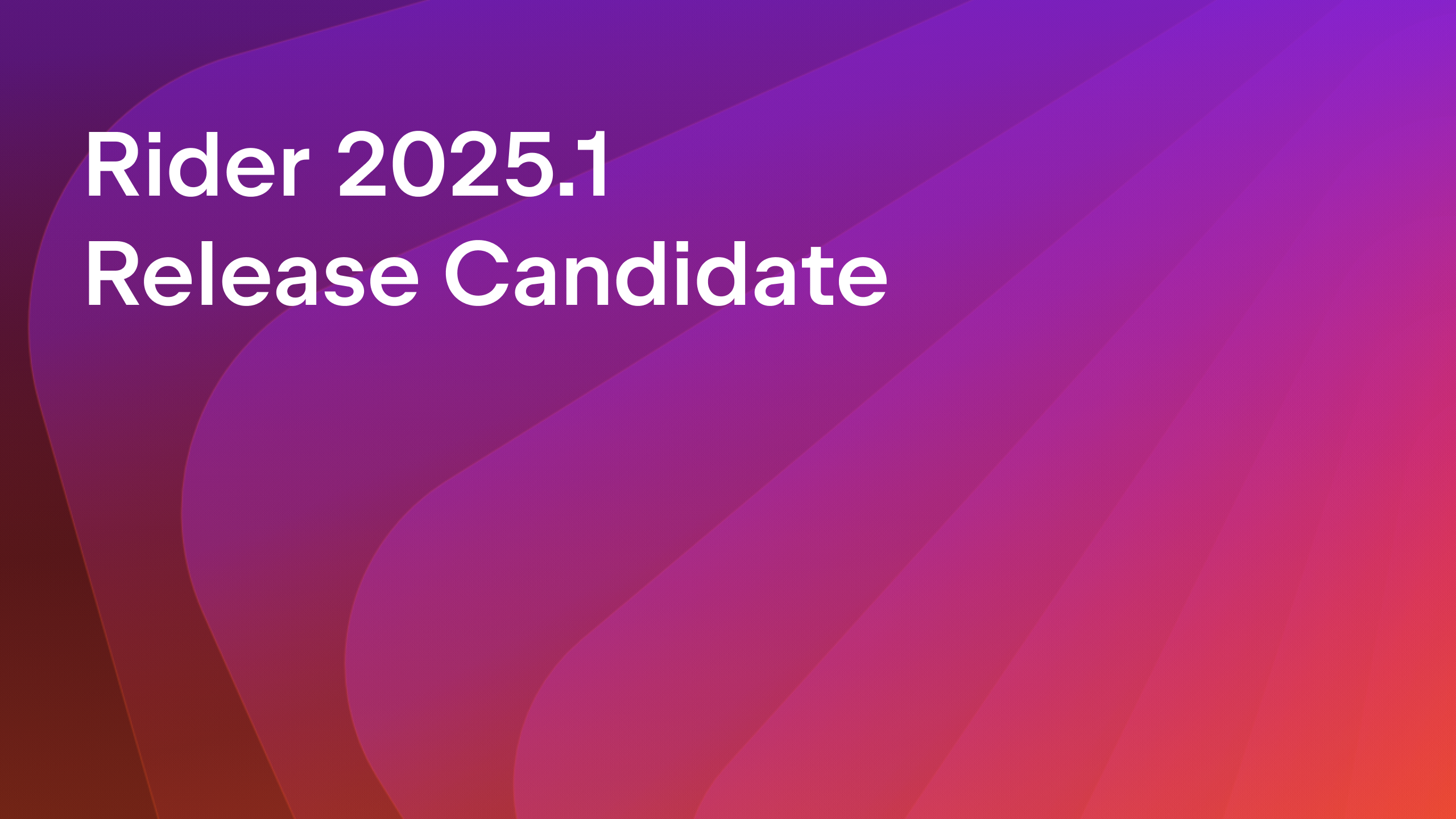






























-11.11.2024-4-49-screenshot.png?width=1920&height=1920&fit=bounds&quality=70&format=jpg&auto=webp#)












































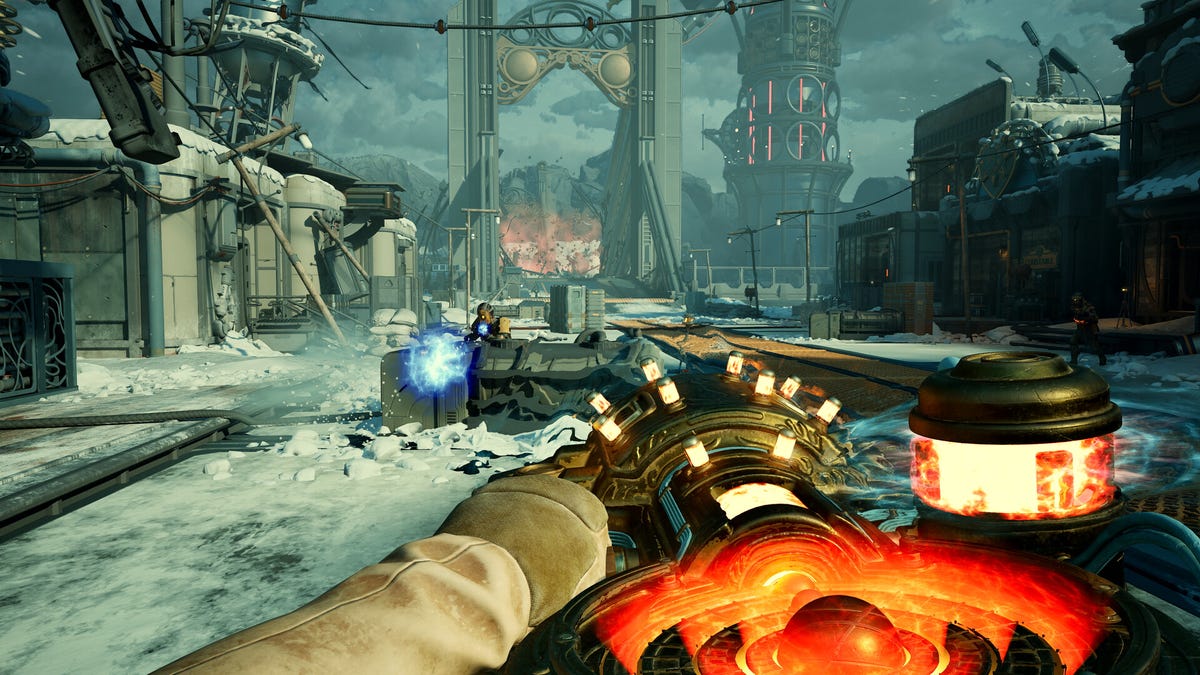












































_jvphoto_Alamy.jpg?#)





















































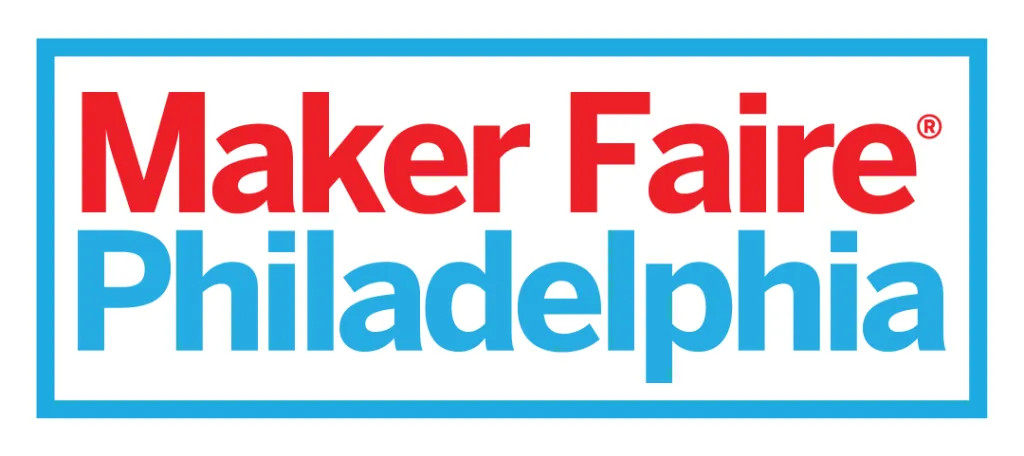































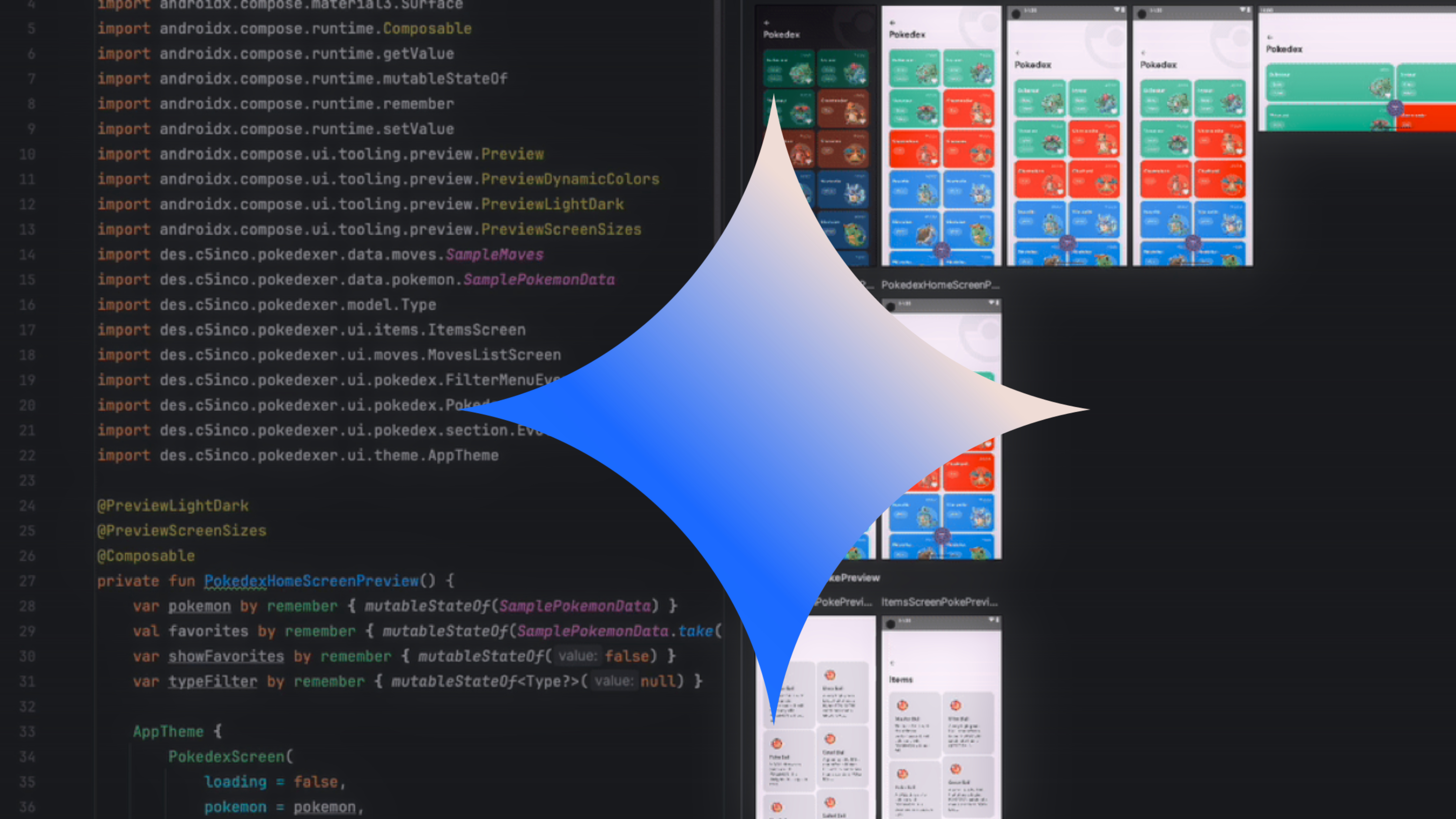


























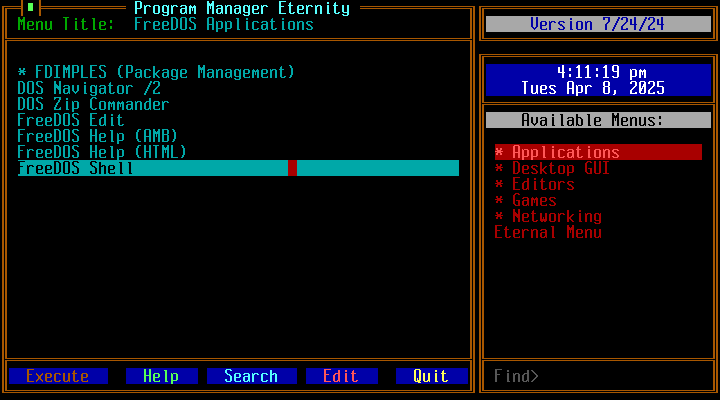
![Apple Rushes Five Planes of iPhones to US Ahead of New Tariffs [Report]](https://www.iclarified.com/images/news/96967/96967/96967-640.jpg)
![Apple Vision Pro 2 Allegedly in Production Ahead of 2025 Launch [Rumor]](https://www.iclarified.com/images/news/96965/96965/96965-640.jpg)





















